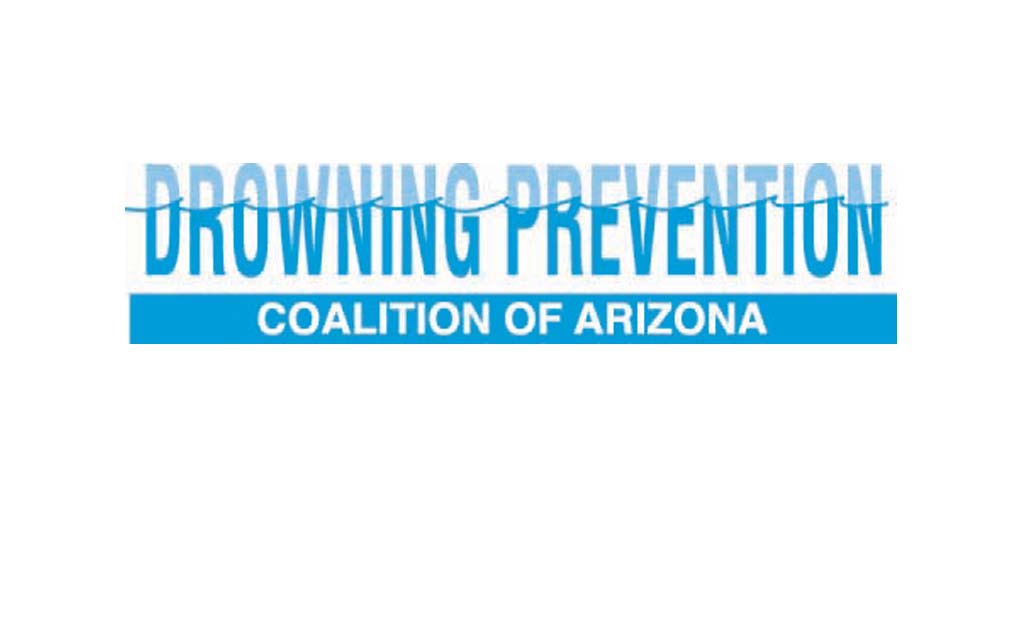As families prepare to celebrate the last 3-day weekend of the summer, the Drowning Prevention Coalition of Arizona stresses the importance of vigilance and layers of protection.
“Distractions and lack of barriers are the most common broken links in the injury prevention chain for drownings,” says Melissa Sutton, President of the DPCA. “This is especially true during holiday weekends. When adults are busy with guests, food preparation and entertaining, children often find themselves with easy access to the water.”
Another scenario that’s common is multiple people poolside but no one watching the water. Adults and children have drowned because everyone assumed someone would notice when there’s trouble.
“Designating someone to be guardian of the water can reduce the risk of drowning significantly in pool party settings,” says Sutton. “Rotating that duty every 20 minutes between sober, responsible adults who know how to swim can save the lives of those in the water.”
A physical reminder such as a lanyard, wristband or hat that can be exchanged between the “lifeguards” can help. These materials can be obtained for free through the DPCA.
Year-to-date drowning numbers, as reported by the Children’s Safety Zone, indicate that Maricopa County has experienced 44 deaths, including 13 peds, 1 children and 30 adults, resulting from 113 water-related incidents this year. Maricopa County has experienced 5 child drownings this last week of August alone.
“We hope to halt these numbers through the end of the year,” Sutton says. “This can only be done by adults taking responsibility for themselves and their families, and it starts with this Labor Day weekend.”
The DPCA stresses that families should take a 3-pronged approach to drowning prevention using the ABC’s of Water Safety.
– Adult Supervision: Watch each other around water. Neither adults nor children should swim alone. And if you lose track of children, always check your water hazards first.
– Barriers: Block access to water hazards. Put fences around pools, use protective covers on spas, close bathroom doors and dump out water buckets.
– Classes and Coast-Guard Approved Life Vests: Learn CPR and ensure all family members know how to swim. Wear life vests in any water that is above your swimming ability – especially on open water.





